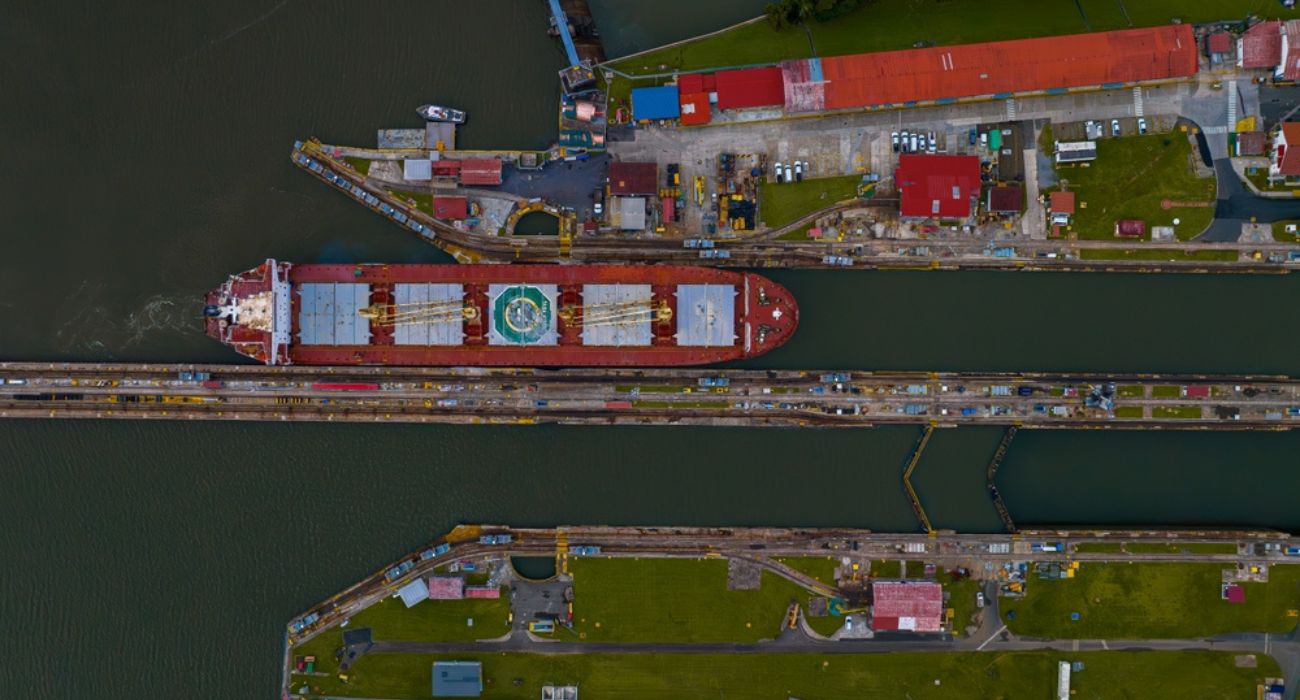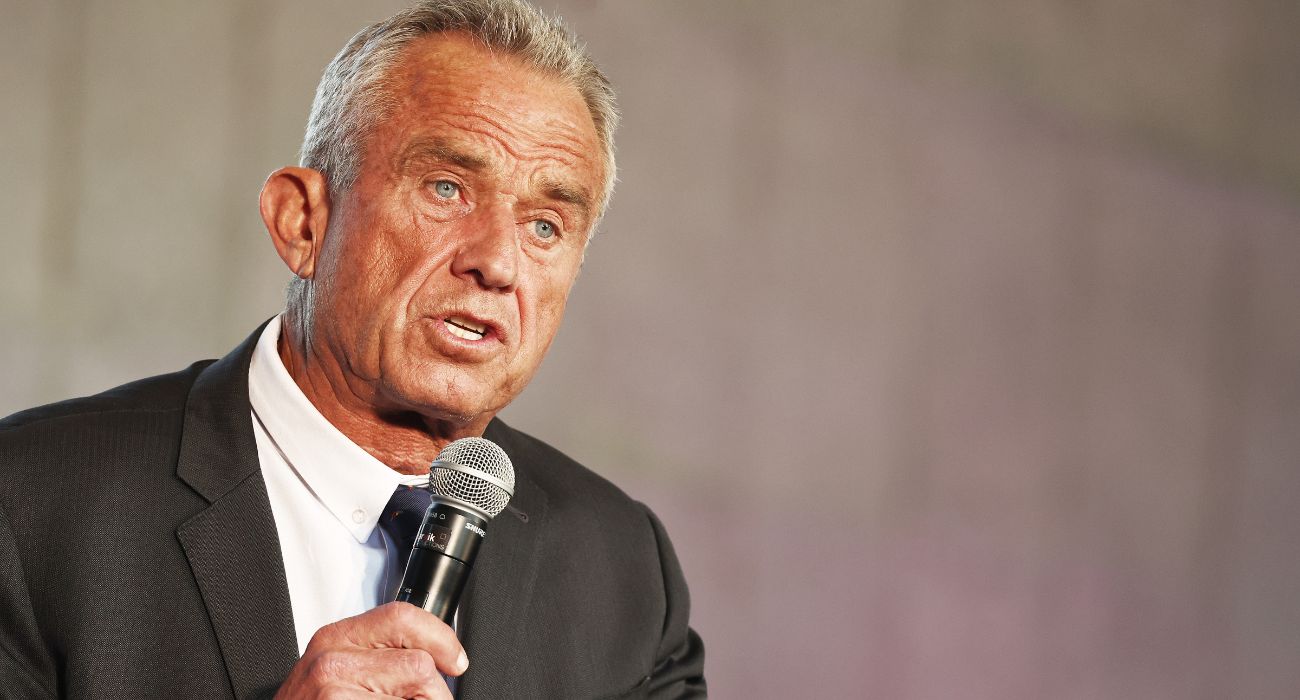A severe drought is threatening the holiday shopping rush.
Water levels at the Panama Canal, a thoroughfare between the Atlantic and Pacific Oceans, have dropped so low that its operators have reduced the number of ships allowed through, as well as their cargo weights.
The congestion has grown so severe that the Eneos Group, a Japanese shipping company, paid $3.975 million for a chance to cut the line at an auction held on November 8.
In terms of the U.S., the Panama Canal is a popular route for shipments to and from the East Coast. In all, approximately 40% of all U.S. container traffic transits through the waterway each year, carrying approximately $270 billion worth of cargo.
Yet the 51-mile waterway started showing signs of strain earlier this year, forcing transporters to pivot to avoid costly delays or cargo shifts. This included taking longer routes through the Suez Canal or around the Cape of Good Hope and Cape Horn.
“The pattern continues to feature below-normal rainfall across Panama in the foreseeable future,” Jon Davis, chief meteorologist at Everstream Analytics, said in May, according to Bloomberg. “As a result, we expect the lake levels to decrease and the impact on shipping over the canal to get worse.”
Speaking recently to reporters, Davis said that water levels this low hadn’t been recorded in the Panama Canal system — which includes the artificial Lake Gatun — since 1965, according to Fox 4 KDFW.
“The canal is a major corridor for container ships, so products coming to the U.S. from China, for example, are being delayed … i.e., the impacts on Santa’s delivery schedule,” he warned.
The Panama Canal Authority plans to further reduce the number of ships passing through from approximately 32 per day to only 18 by February. These dramatic cuts will happen progressively, with congestion likely to grow and winning bids at auctions to cut the line likely to skyrocket even further.
“You are getting close to $4.5 million to use the canal, so that is pricing out a lot of ships,” explained Oystein Kalleklev, chief executive officer of Flex LNG Ltd. and Avance Gas Holding Ltd., according to Fortune.






